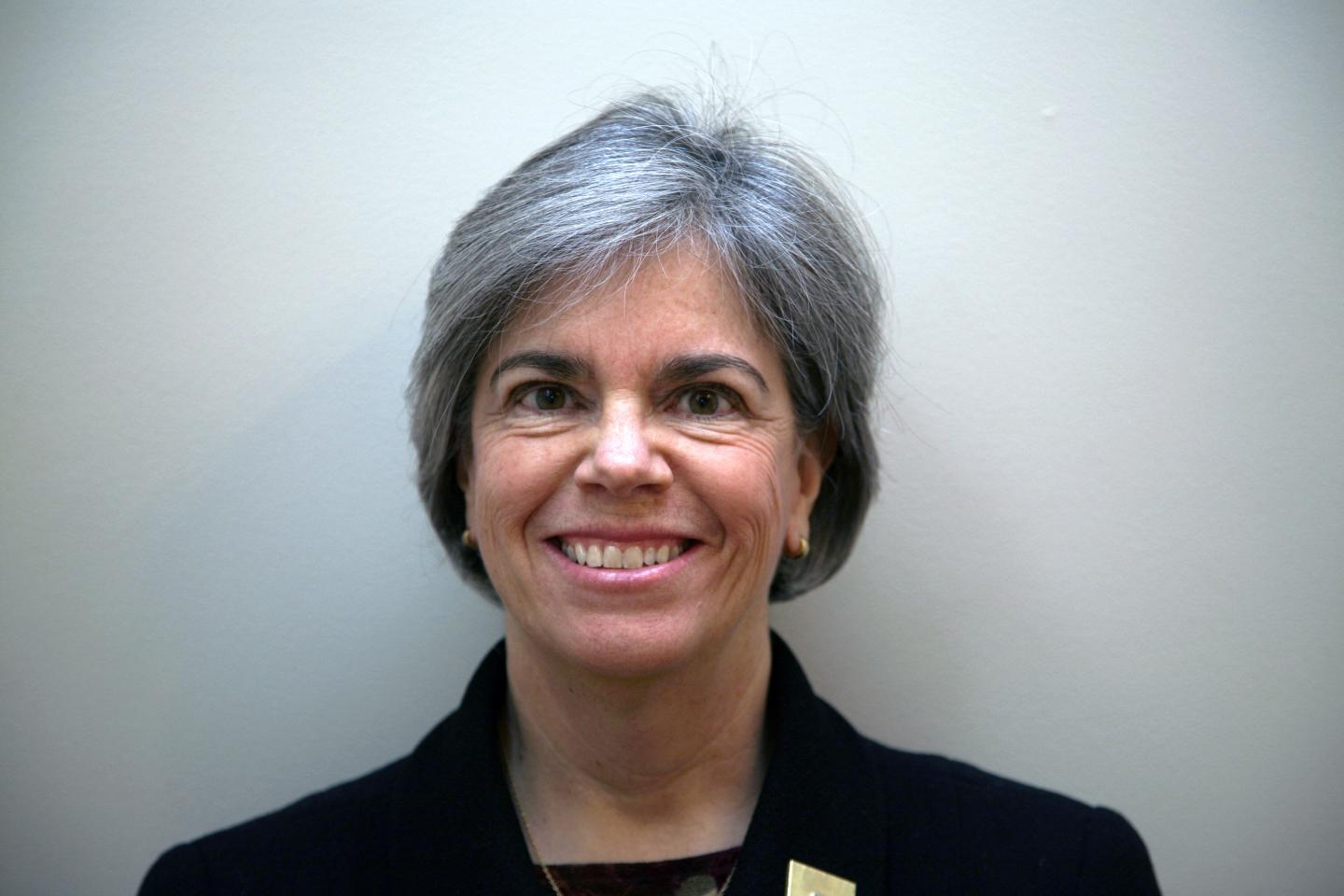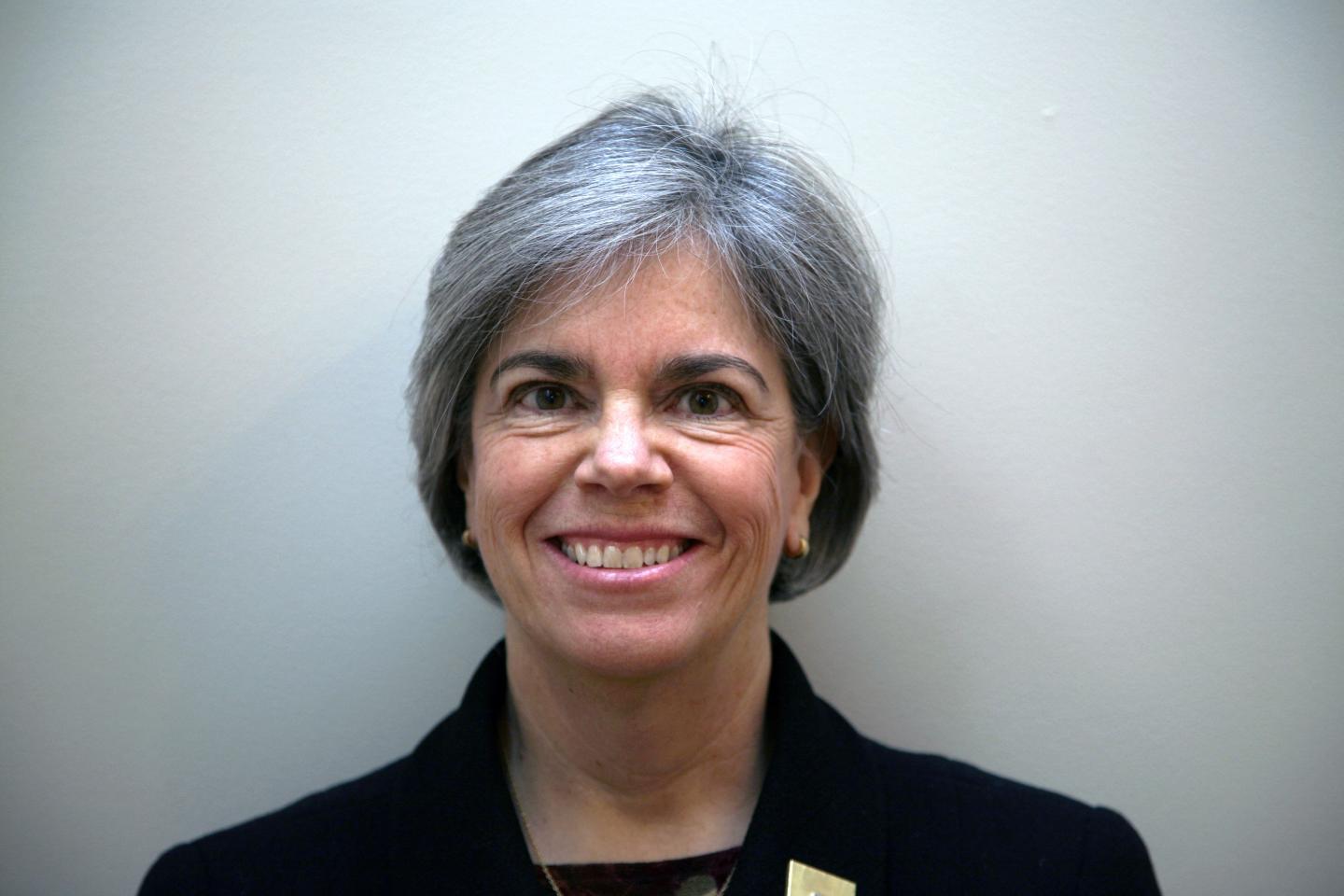
Backed by a growing body of research, investigators at Dana-Farber Cancer Institute are calling for all hospitals to establish bereavement programs for families of deceased patients.
In a paper in the November issue of the Journal of Palliative Medicine, the researchers say such programs – which guide and support people through the process of mourning a loved one – can help prevent a range of physical and mental health problems that sometimes appear follow the death of a family member. The researchers' recommendation is based, in part, on the results of a program instituted at Dana-Farber in 2010 for families of adult patients who have died.
"The program consists of a range of services geared to the most commonly expressed needs of bereaved families," said Dana-Farber's Sue Morris, PsyD, lead author of the paper. "The basic elements are a condolence letter from the leaders of the cancer center, a booklet that lets people know what to expect during the grieving process, and information about services available at the cancer center and in the community."
To assess the value of the Dana-Farber program, Morris and senior author Susan Block, MD, senior physician in the department of Psychosocial Oncology and Palliative Care at Dana-Farber, surveyed 815 family members of patients who died during a four-month period. Of the 140 people who completed the questionnaire, 69 percent said the condolence letter they'd received had a positive or somewhat positive effect on their grieving. Approximately 72 percent said the bereavement guide – "When Grief Is New," written by Morris – had a beneficial effect. Of the respondents who reported receiving a note or call from the patient's oncologist or nurse, more than 90 percent said it helped with their grief.
"While most people adjust to the loss of a loved one over time, it's estimated that 10 to 20 percent develop dysfunctional bereavement, which can lead to problems such as depression, anxiety, post traumatic stress disorder, and substance abuse, and, potentially, to physical problems such as hypertension and heart disease," Block commented. "For the most part, our society hasn't recognized this as a public health issue for which intervention can be beneficial.
"In the United States, approximately 65 percent of deaths take place in institutions," she continued. "And while many hospices offer bereavement services to family members, very few hospitals, cancer centers, or nursing homes do."
"Many families experience a double loss – not only of the patient but of the clinical team that cared for him or her," Morris added. "Especially in cases where a patient has been ill for a long time, the attachment between the family and the medical staff can be very strong."
Noting that grief is not a disease to be treated but a normal response to loss, Morris notes that the Dana-Farber program takes a preventive approach: by providing people with information and support, it may help them avoid the more harmful consequences of prolonged grief. The basic components of the program – a letter of condolence, informational materials on grief and mourning, and referrals to support services – can be provided relatively inexpensively, she adds.
"Such programs not only serve as road maps to help recently bereaved individuals adjust to their loss, but can also help identify those who may be at risk of prolonged grief and can benefit from early intervention," said Morris.
###





